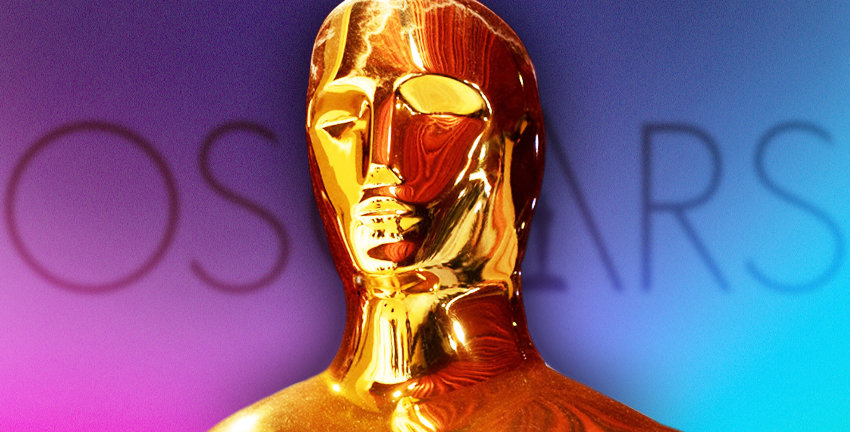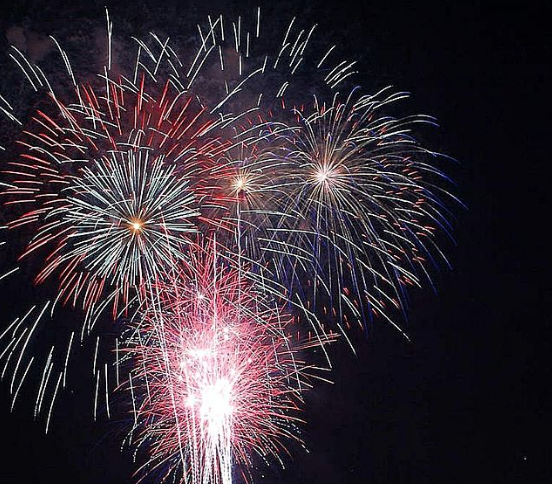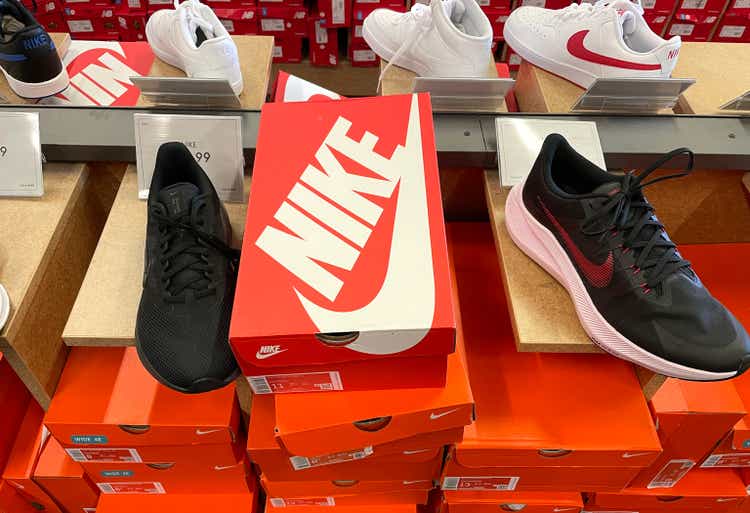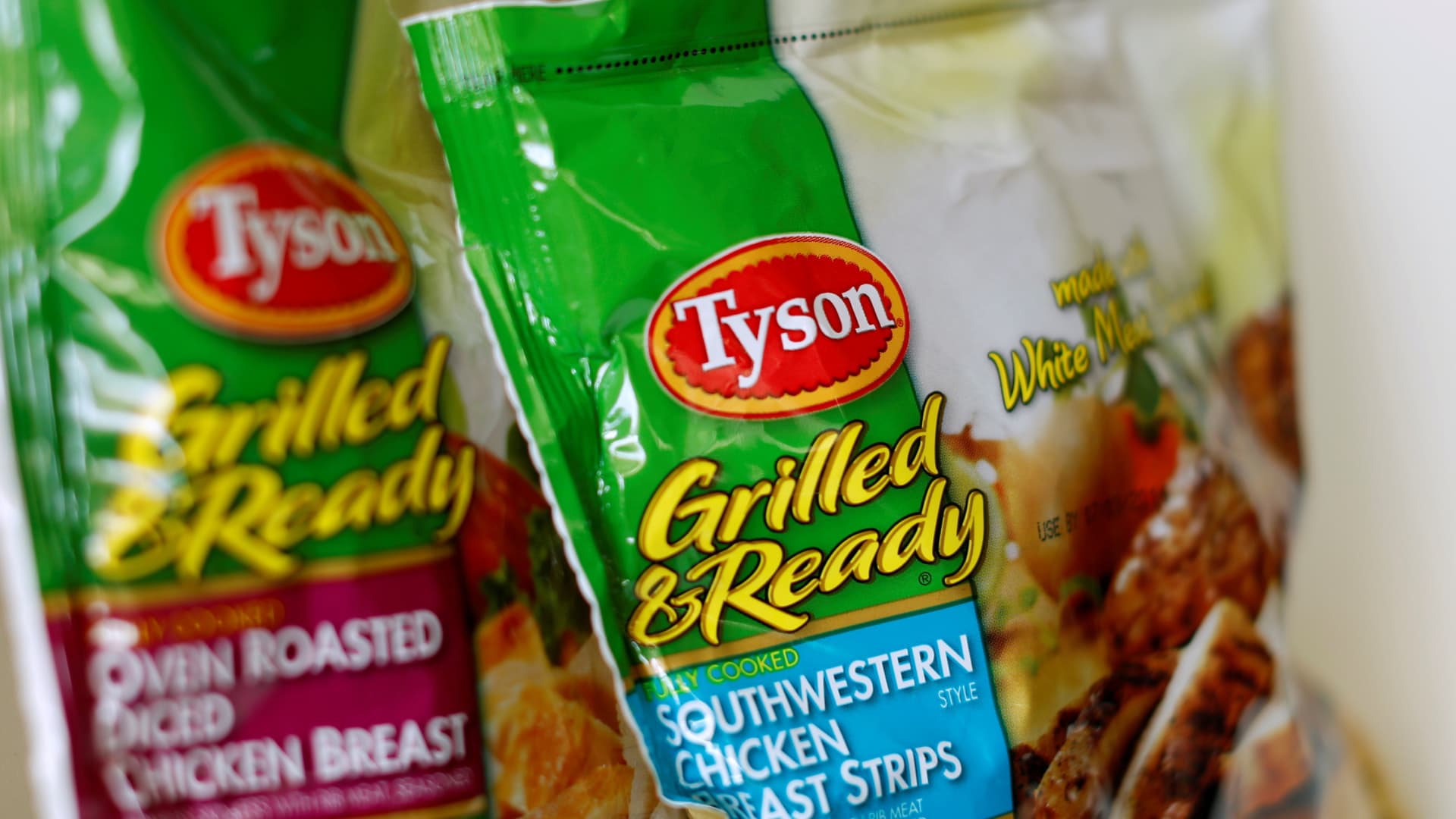© Reuters. FILE PHOTO: Hungarian Prime Minister Viktor Orban speaks during an economic forum in Budapest, Hungary, March 4, 2024. REUTERS/Bernadett Szabo/File Photo
2/2
BUDAPEST (Reuters) -Hungary’s right-wing nationalist Prime Minister Viktor Orban lent his support to long-time ally Donald Trump’s bid to return to White House after meeting the former U.S. president in Florida late on Friday.
The two discussed “a wide range of issues affecting Hungary and the United States, including the paramount importance of strong and secure borders to protect the sovereignty of each nation,” according to a statement from Trump’s campaign.
Orban has long been at odds with his fellow European Union members over a range of issues, including refusing to send weapons to Kyiv and keeping up economic ties with Moscow since Russian forces invaded Ukraine in 2022.
Orban has said only the return of Republican candidate Trump to the White House could bring peace in Ukraine.
“We need leaders in the world who are respected and can bring peace. He is one of them! Come back and bring us peace, Mr. President!,” Orban said in a post on X after the meeting.
Orban, admired by many conservatives in the United States for his tough policies on immigration, his family support schemes and vocal stance on national sovereignty, said in a video on his Facebook (NASDAQ:) page that under Trump’s 2017-2021 presidency there was peace in the Middle East and also Ukraine.
“Viktor is a Great Leader, respected all over the World,” Trump said on Saturday in a post on his Truth Social messaging platform, saying it had been an honor to host Orban.
“Hungary is a Safe Country because of his Strong Immigration Policies, and as long as he is in charge, it always will be!” Trump added.
Orban has regularly been at loggerheads with the EU over his anti-immigration campaigns and moves to put the judiciary, NGOs, and media under more state control, which critics say have eroded democracy in Hungary.
Orban has also criticised EU sanctions against Russia, although never vetoed them in the end, and held up an EU decision on granting new aide for Ukraine last December until finally agreeing to it early this year.








![Antonio Brown won’t pay jeweler $1M for finger pieces [Update] Antonio Brown won’t pay jeweler $1M for finger pieces [Update]](https://i.kinja-img.com/image/upload/c_fill,h_675,pg_1,q_80,w_1200/f018b6650dbaf0c48f804f03fb126325.jpg)







